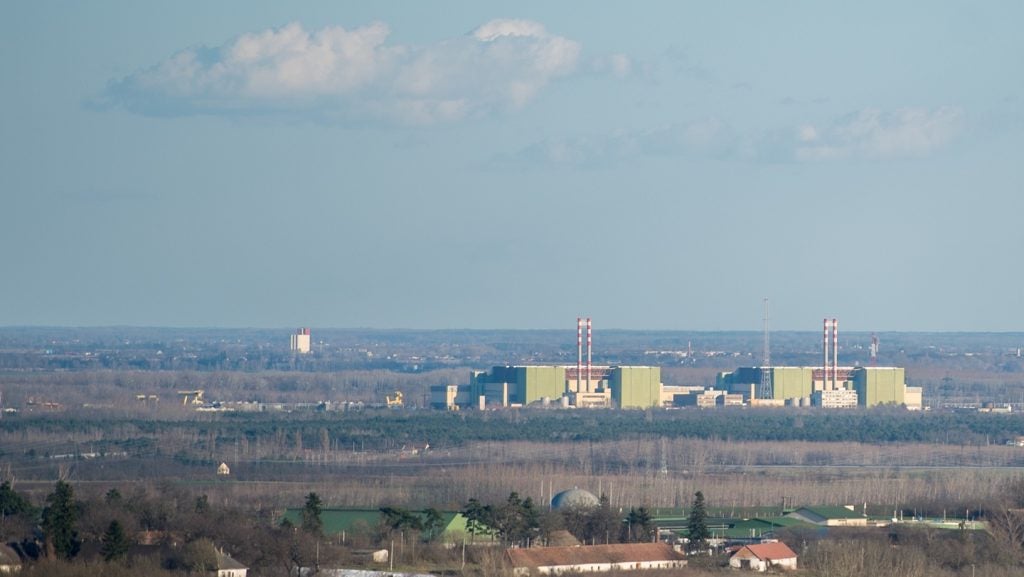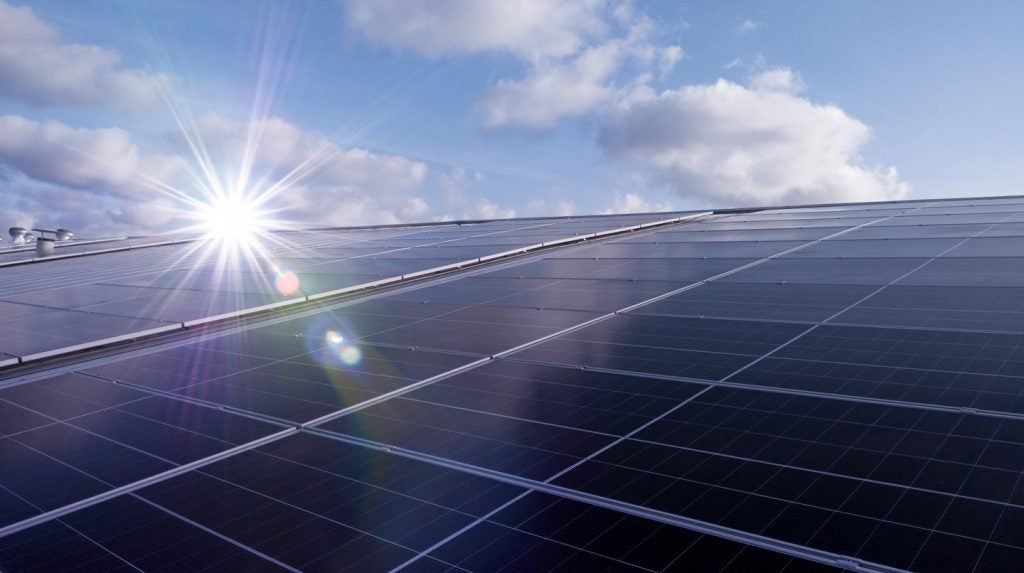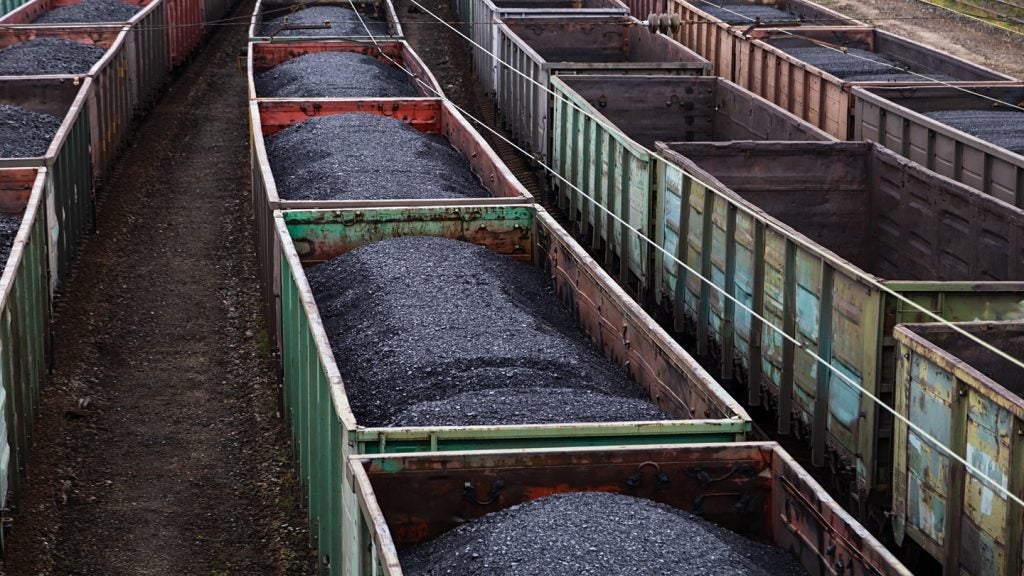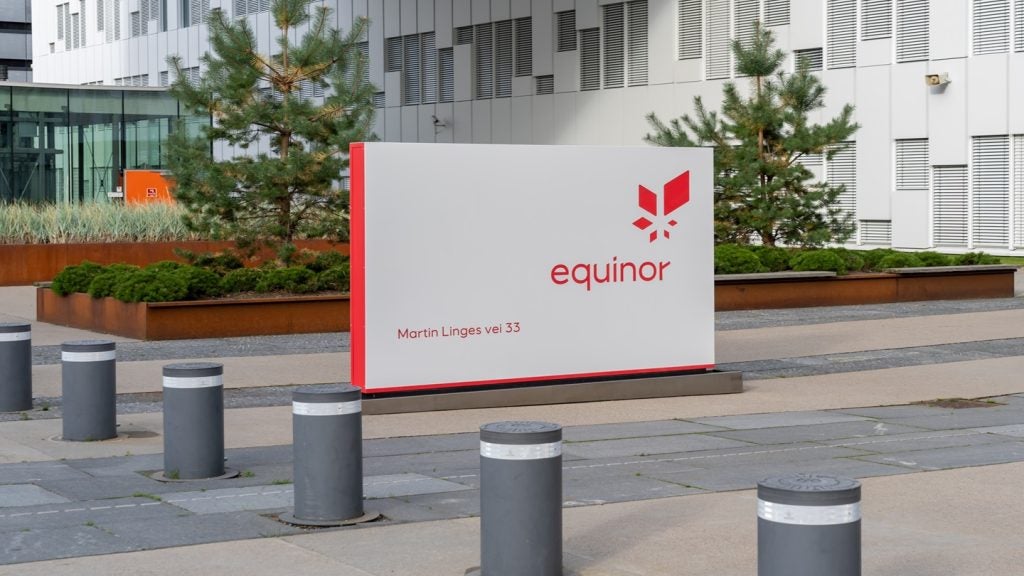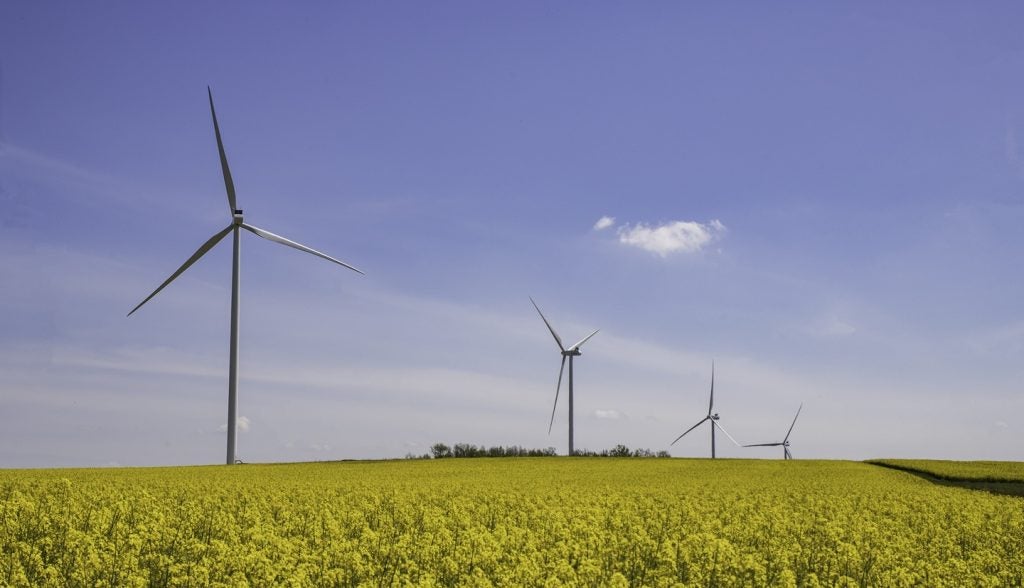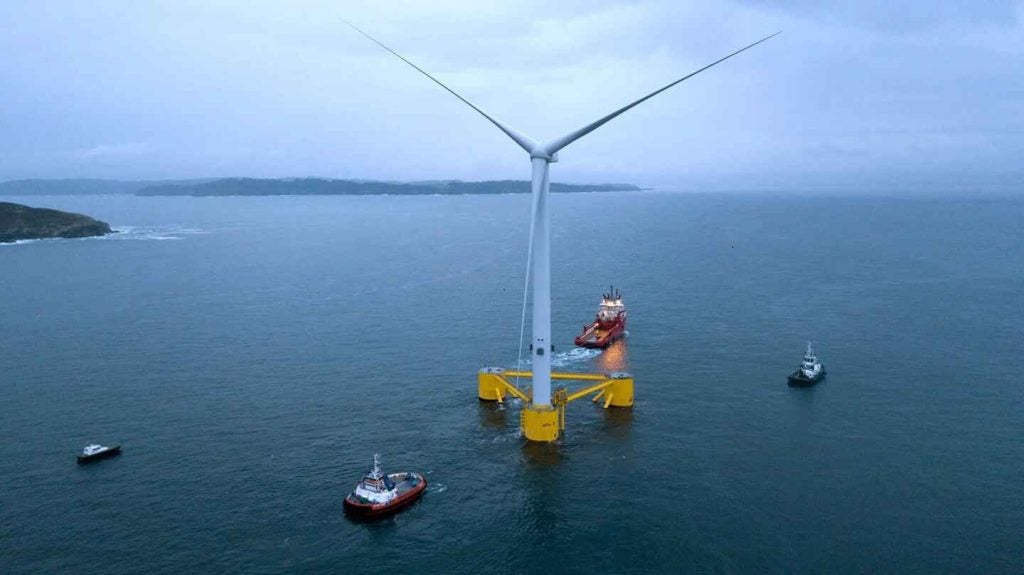The Hungarian government has introduced a bill to its parliament that could amend the existing contract with Russia's Rosatom for the Paks nuclear plant expansion.
The bill, unveiled on 19 November 2024, aims to ensure the smooth continuation of the project by potentially adjusting the planned costs.
The Paks nuclear plant project, initially set at €12.5bn ($13.2bn), has faced multiple delays since its award to Rosatom in 2014 without a tender.
Issues such as permitting, the Covid-19 pandemic and Western sanctions on Russia have hindered progress. The expansion, which includes the construction of two new VVER reactors, each with a 1.2GW capacity, is crucial for Hungary as it represents a significant part of the country's electricity supply, accounting for 40% of national consumption.
Despite the project's setbacks and the current geopolitical tensions following Russia's invasion of Ukraine in February 2022, Hungary maintains its commitment to nuclear expansion.
The bill suggests that abandoning the project would be more detrimental than completion, even if this requires modified conditions.
Hungary's reliance on nuclear power is set to increase, with the government aiming to bring the new reactors online in the early 2030s.
In anticipation of the new units, Hungary has taken steps to extend the lifespan of the existing four reactors by 20 years.
The extension is a strategic move to bridge the gap caused by the delays in the expansion project.
The financial structure of the project includes a substantial interstate loan from Russia, amounting to €10bn, which covers the majority of the costs.
The expansion is part of Prime Minister Viktor Orban's broader strategy to position Hungary as a key player in the electric vehicle production sector, which is expected to drive up power demand significantly.


